The Railway Men: Tale of forgotten heroes
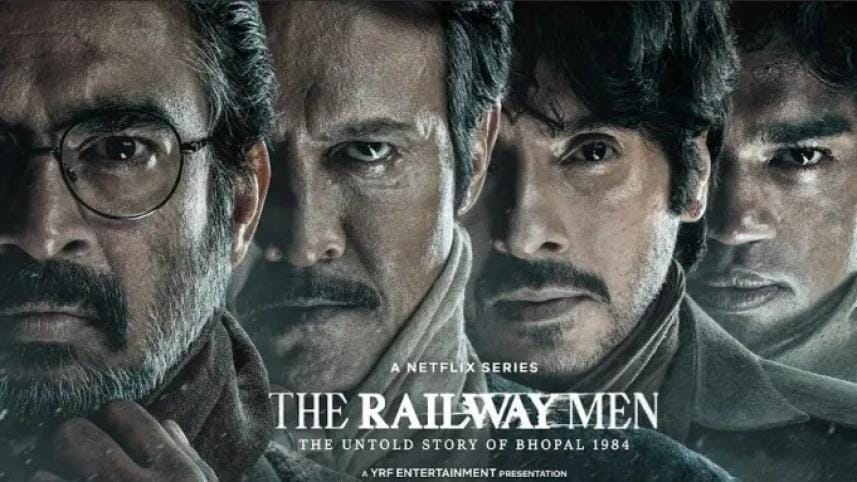
A delicate balance between grim reality and dramatisation is required to dig into the portrayal of real-life tragedies. Netflix's "The Railway Men" is a gripping portrayal that intertwines the narrative of railway employees with the haunting reality of the Bhopal disaster of 1984. This series artfully weaves together the tale of human endeavour, and corporate negligence, while also serving as a poignant homage to the remarkable human spirit and resilience amidst tragedy. The show delves into the lives of those involved in a real-life incident by shedding light on a chapter of history often overshadowed by the enormity of its sorrow.
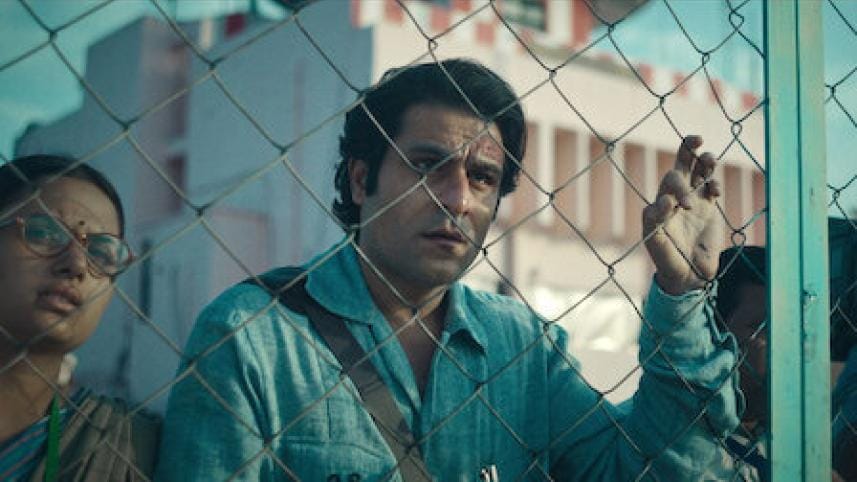
The storytelling begins at the epicentre of the complexity with the introduction of a character in the role of a reporter, played by Sunny Hunduja, highlighting the corrupted system shielding wrongdoers.
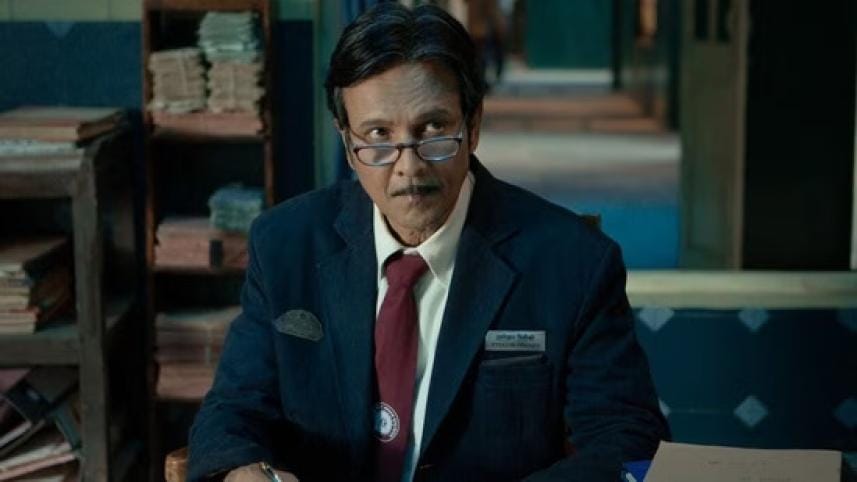
As the story unfolds, the series meshes the individual backstories of more characters preceding the gas leak. Station master Iftekaar Siddiqui (Kay Kay Menon, commendable as always in his role) grapples with haunting memories of a child he couldn't save. The young and intelligent Imad (played excellently by Babil Khan) sheds light on a friend's unjust fate before disaster strikes.
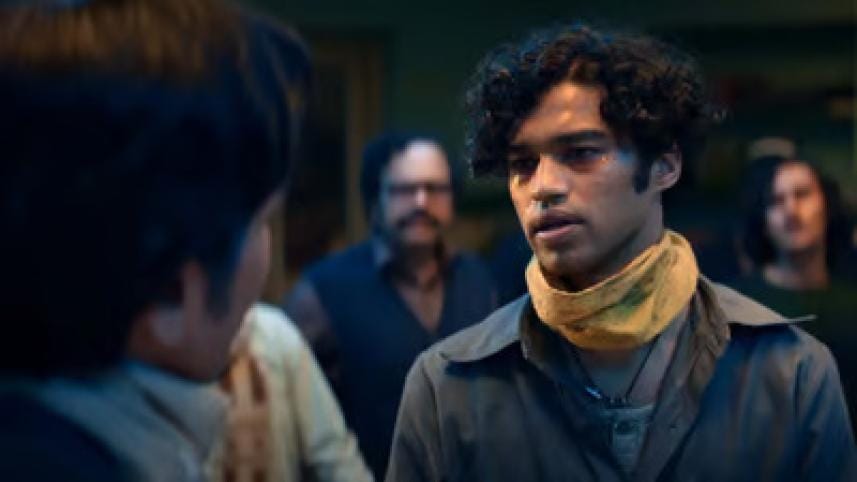
The series, led by an ensemble cast of exceptionally talented actors including Babil Khan, Kay Kay Menon, R Madhavan, Divyenndu Bhattacharya, Raghubir Yadav, and Sunny Hinduja, stand out for their remarkable performances that breathe life into the characters. Their portrayal of anguish, resilience, and determination in the wake of tragedy serves as the emotional core of the series. Through the characters' quests for survival, the show highlights the importance of holding entities responsible for their actions, ensuring that similar tragedies are prevented in the future.
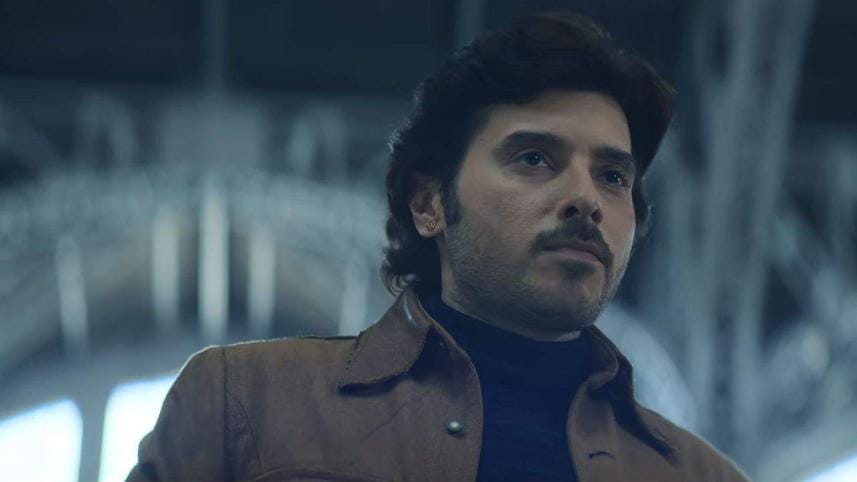
The distinguishing aspect of the series is its commitment to portraying the individuals involved as more than mere casualties. It humanises their experiences, allowing viewers to empathise with their struggles and triumphs – emphasising that behind the statistics and historical accounts there were ordinary individuals with extraordinary tales of survival and courage.
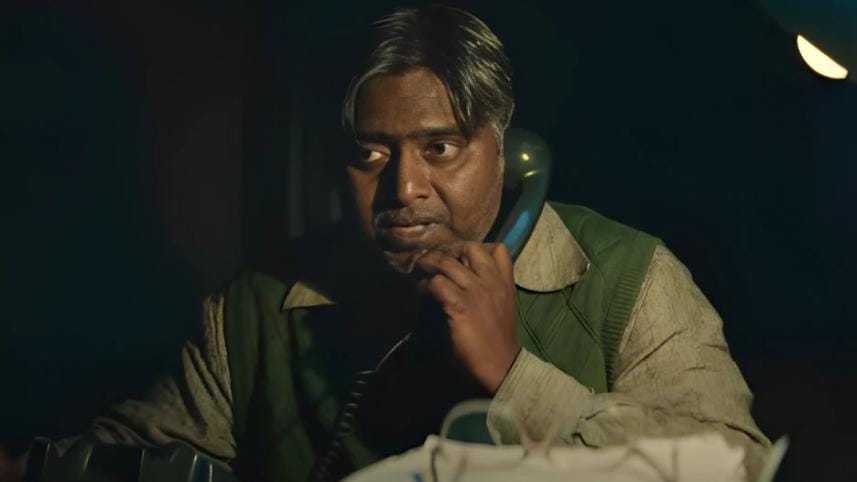
The making of "The Railway Men" pays meticulous attention to detail in reconstructing the era and setting in terms of providing a visceral experience that transports the audience to the time and place of the Bhopal disaster. The show's cinematography successfully captures the stark contrast between the idyllic setting of a bustling railway and the harrowing aftermath of the chemical catastrophe.
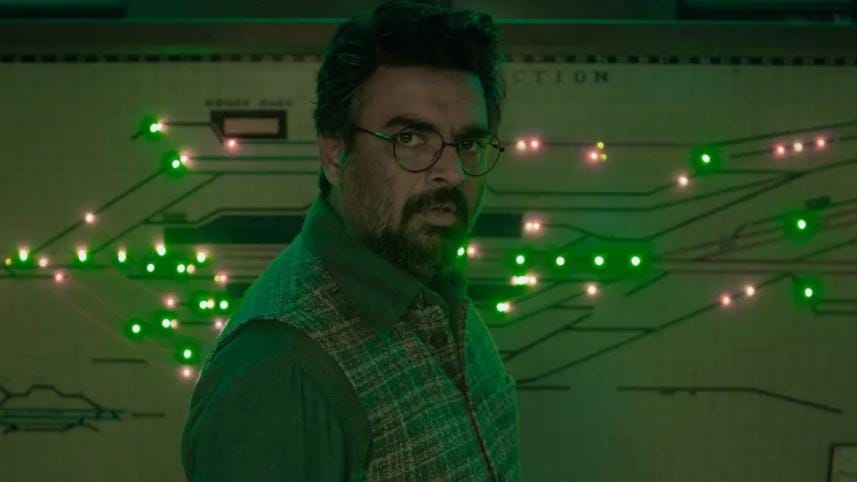
"The Railway Men" bears the imprint of HBO's "Chernobyl", echoing its themes of managerial negligence, corporate corruption, and the plight of the affected. Yet, the series seems more fixated on chaos than examining the profound terror buried beneath the tragedy's aftermath.
Despite laudable performances, particularly Kay Kay Menon's impeccable portrayal of the selfless stationmaster, the narrative feels cluttered. Many characters, especially women, receive limited space within this high-density storytelling.
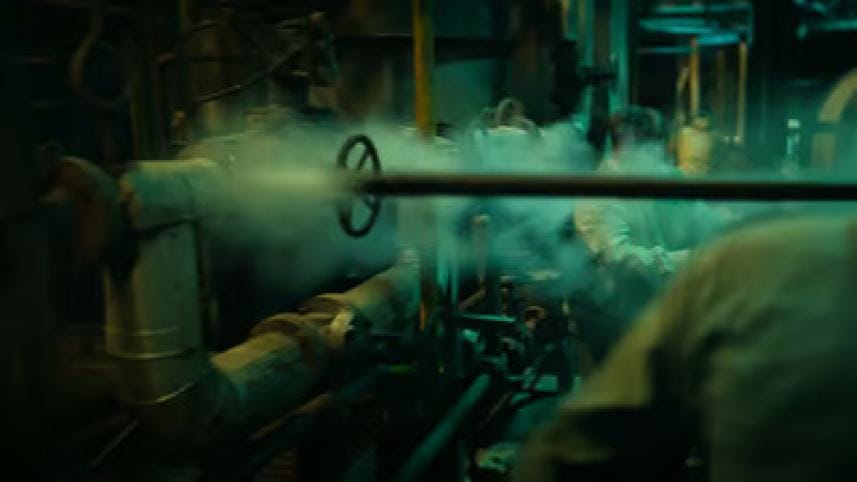
"The Railway Men", produced by YRF Entertainment, directed by Shiv Rawail, and penned by Aayush Gupta, grapples with the burden of being an ambitious subject. However, the series fails to resonate fully due to an overpopulated narrative canvas and a lack of depth in exploring the gut-wrenching realities that lie beneath the catastrophe's surface.
While the historical context remains crucial, "The Railway Men" is dedicated to narrating the personal stories that often get overlooked in the pages of history books. At its core, the series showcases the humanitarian aspect by shining a spotlight on the personal stories and struggles of the individuals impacted by the Bhopal tragedy.
This show remains a reminder of the Bhopal tragedy's colossal impact, but it misses the opportunity to delve deeper into the humane stories that define such catastrophes. While commendable in parts, "The Railway Men" struggles to maintain its balance, ultimately leaving audiences wanting more from what could have been a profound portrayal of a haunting chapter in history.




 For all latest news, follow The Daily Star's Google News channel.
For all latest news, follow The Daily Star's Google News channel. 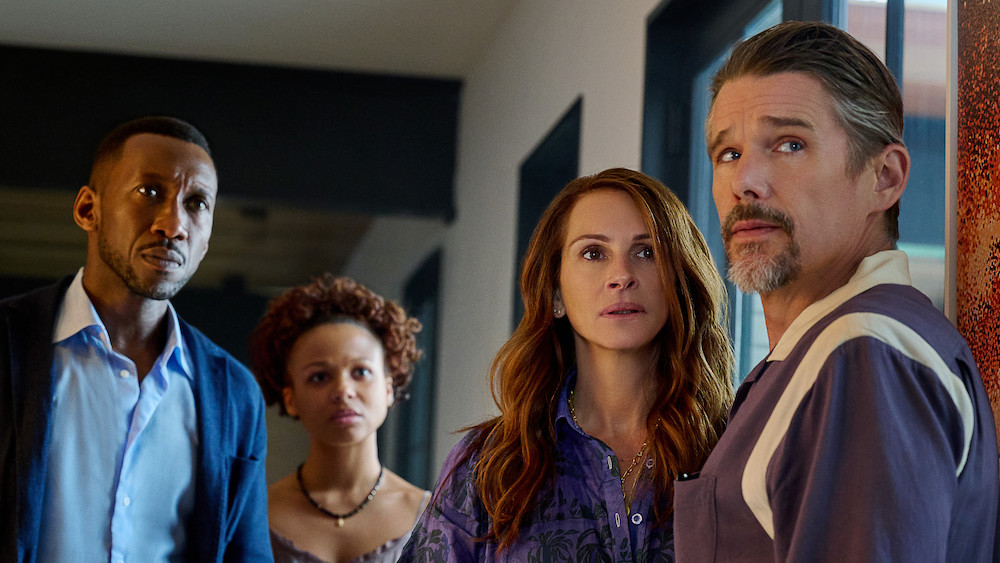
Comments